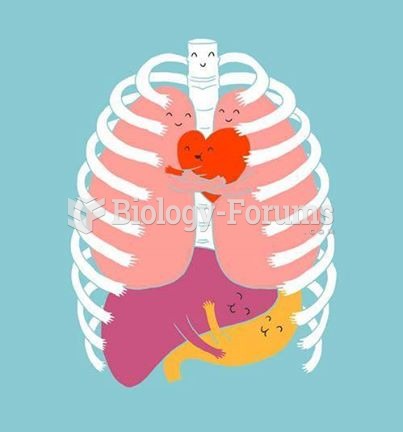This topic contains a solution. Click here to go to the answer
|
|
|
Did you know?
Lower drug doses for elderly patients should be used first, with titrations of the dose as tolerated to prevent unwanted drug-related pharmacodynamic effects.
Did you know?
Excessive alcohol use costs the country approximately $235 billion every year.
Did you know?
Fewer than 10% of babies are born on their exact due dates, 50% are born within 1 week of the due date, and 90% are born within 2 weeks of the date.
Did you know?
Approximately 500,000 babies are born each year in the United States to teenage mothers.
Did you know?
The newest statin drug, rosuvastatin, has been called a superstatin because it appears to reduce LDL cholesterol to a greater degree than the other approved statin drugs.
 Becoming a Certified Medical Assistant may demonstrate your commitment to the profession and the con
Becoming a Certified Medical Assistant may demonstrate your commitment to the profession and the con
 A DOHC engine uses a camshaft for the intake valve and a separate camshaft for the exhaust valves in ...
A DOHC engine uses a camshaft for the intake valve and a separate camshaft for the exhaust valves in ...





